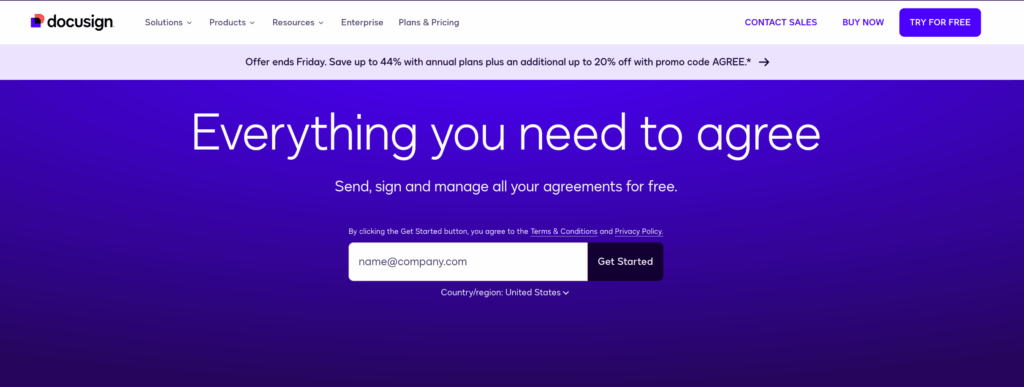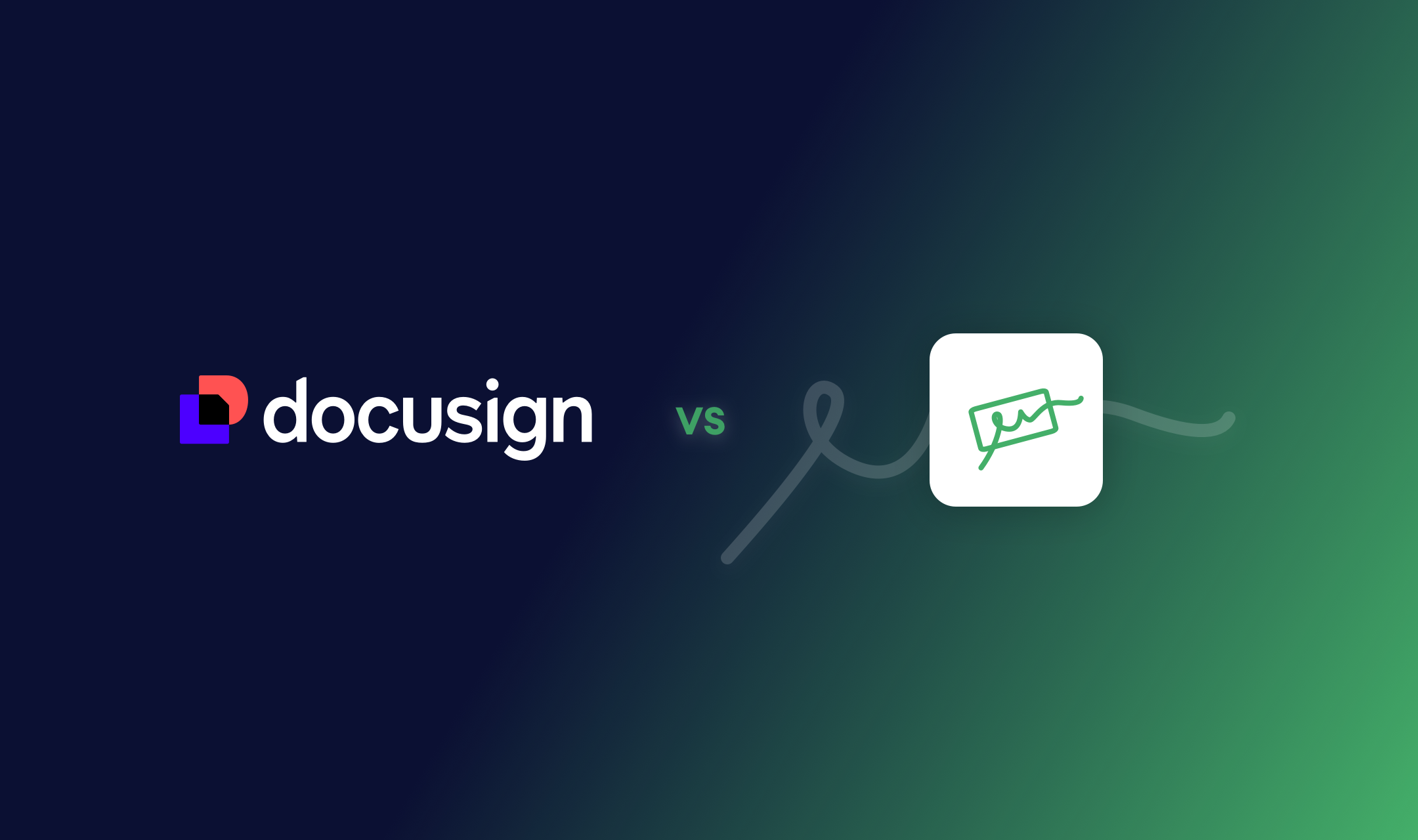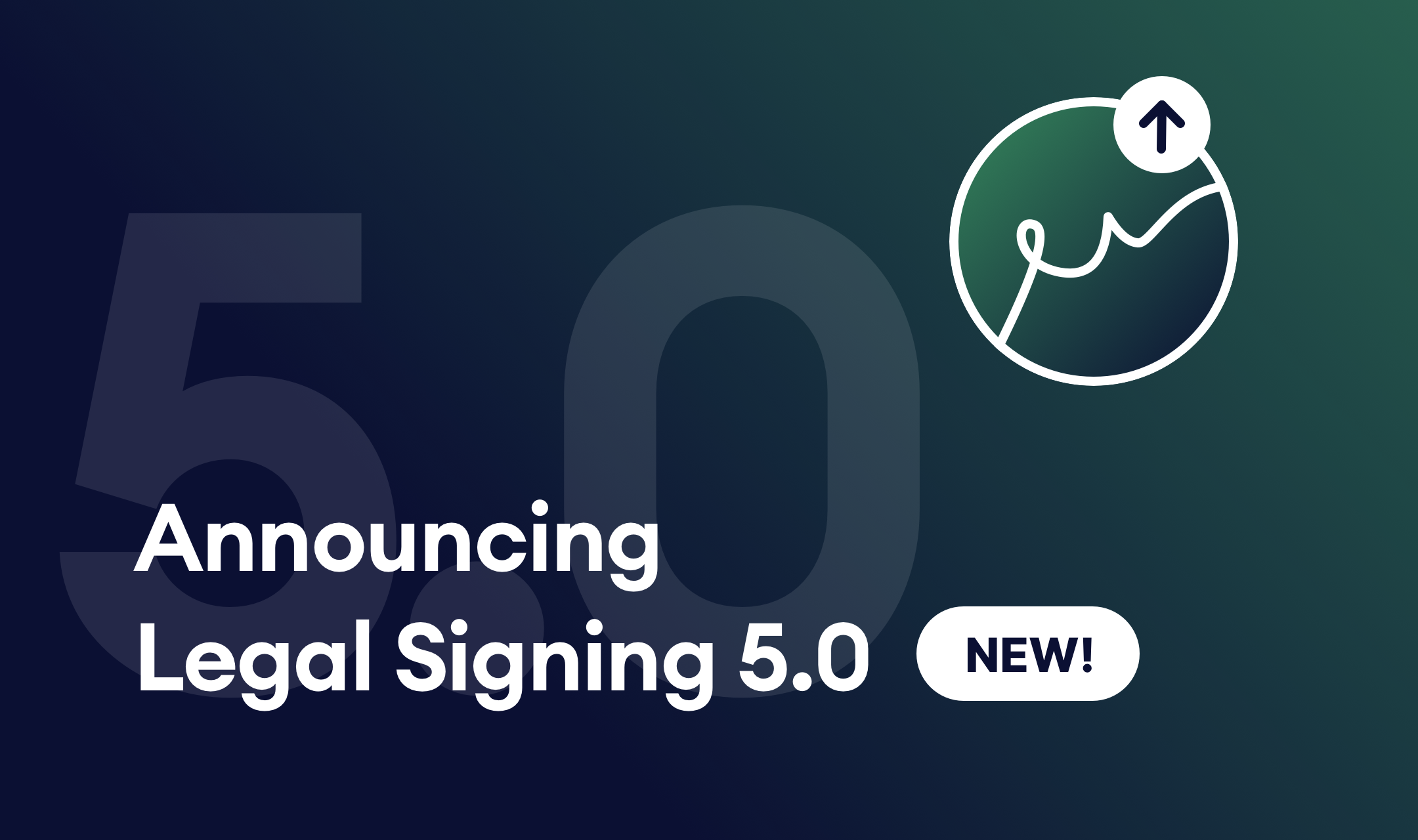Key Takeaways
- Overview: In this article we compare DocuSign vs Legal Signing by CosmicGiant.
- DocuSign: Introduction to DocuSign.
- Legal Signing: Introduction to Legal Signing.
- Features: A visual features comparison table.
- DocuSign Advantages and Disadvantages: An outline of the advantages and disadvantages of DocuSign.
- DocuSign Advantages and Legal Signing: An outline of the advantages and disadvantages of Legal Signing.
- DocuSign Use Cases: Common use cases for DocuSign.Legal Signing Use Cases: Common use cases for Legal Signing.
- Results of the Comparison: Why Legal Signing comes out ahead.
Choosing the right e-signature solution is crucial for businesses that rely on digital contracts and forms. While DocuSign is a well-known leader in legally binding electronic signatures, WordPress users are increasingly searching for alternatives that integrate seamlessly with their existing workflows. Enter Legal Signing by CosmicGiant — a powerful Gravity Forms e-signature plugin designed for WordPress sites. In this article, we’ll compare DocuSign vs Legal Signing, examining features, pricing, security, and ease of use. Discover which digital signature plugin is best for your business, and why Legal Signing may be the top choice for those looking for a secure, ESIGN and UETA-compliant WordPress e-signature solution.
Overview of DocuSign vs Legal Signing
DocuSign

First beginning as a service in 2005, DocuSign has become a popular cloud-based e-signature platform. Many industries use DocuSign’s secure signature collection. The most common use cases are:
- Sales contracts
- Real estate transactions
- Employee onboarding
- Non-disclosure agreements (NDAs)
- Legal agreements
- Invoices and payment authorizations
DocuSign is also widely used for change orders, system access requests, asset transfers, parental consent forms, and compliance documentation across various industries, including real estate, legal, IT, insurance, and more.
Legal Signing by CosmicGiant

Legal Signing is an add-on for Gravity Forms that helps you collect legally binding signatures and generate signed PDFs directly on your WordPress site. Like DocuSign, Legal Signing has use cases across multiple industries, such as:
- Law firms
- Real estate
- Insurance
- Accounting
- Health care
Legal Signing is an all-in-one solution for any business that creates contracts and requires the collection of legally binding signatures.
Let’s take a side-by-side look at some of the features of both solutions.
Feature Comparison Table
| Feature | DocuSign | Legal Signing |
|---|---|---|
| Platform | Cloud/SaaS | WordPress (Gravity Forms add-on) |
| Legally-binding Signatures | Yes | Yes |
| PDF Generation | Yes (ESIGN, UETA, eIDAS) | Yes (ESIGN, UETA, eIDAS) |
| Multiple Signers | Yes (with add-ons) | Yes (integrated, unlimited) |
| Document Storage | DocuSign’s cloud | Your own WordPress server |
| Audit Trail | Yes | Yes |
| Custom Templates | Yes (with fees) | Yes (import PDFs, map fields) |
| Pricing | Per user, per envelope | Unlimited users, unlimited docs |
| Integration | Many platforms | WordPress/Gravity Forms |
| Data Privacy | Cloud-based | Stored locally on your server |
Advantages and Disadvantages
DocuSign
Advantages:
Trusted brand
DocuSign has become a trusted and widely recognized brand over the years. Many organizations default to using the platform before searching for other solutions.
Extensive integrations
This has led to integrations with various types of business software, including Salesforce, Microsoft Dynamics 365, HubSpot, Zoho CRM, and others.
Robust compliance and security
DocuSign also has robust compliance and security features. For example, it meets ISO International standards for information security, cloud security, and protection of personal data in the cloud. It further features compliance with HIPAA, eIDAS, and GDPR.
Scalable
The service is scalable for large enterprises mainly through its API and over 400 integrations. It’s also set up for multi-account management and offers workflow automation features for faster agreement processing.
Disadvantages:
Expensive
DocuSign charges customers primarily through tiered subscription plans, with pricing based on the number of users, features, and usage limits (such as the number of documents sent for signature, known as “envelopes”). That can add up for high-volume or multi-user needs.
Less control over data
Documents are stored on DocuSign’s servers, which raises privacy concerns for sensitive contracts, legal, and health-related forms.
Complexity
Some features are only available as paid add-ons, which may be overkill for small businesses or WordPress users.
Legal Signing from CosmicGiant
Advantages:
Full control over data
Signed contracts are stored exclusively on your own WordPress server, enhancing privacy and compliance.
Unlimited documents and users
There are no per-user or per-envelope fees, making it cost-effective for growing businesses.
Seamless Gravity Forms integration
You can collect signatures and generate signed PDFs directly on your site, making it ideal for existing WordPress users.
Customizable workflows
Use your own PDF templates, map fields easily, and automate document delivery.
Legally binding and compliant
Legal Signing meets ESIGN, UETA, and eIDAS standards for U.S. and EU law.
User-friendly
Works on all devices; no need for clients to install extra software.
Gravity Forms integration
Besides helping you collect legally binding digital signatures, Legal Signing allows you to do more than just sign documents. The add-on expands the features of Gravity Forms in powerful ways. Some examples are:
- Sign up for a mailing list
- Create contacts in CRM
- Generate certificates for eLearning courses
- Onboard employees
- Complete tax forms and send a PDF copy to the client
Disadvantages:
Limited to WordPress and Gravity Forms
Legal Signing requires a WordPress site and the Gravity Forms plugin to create forms.
Fewer out-of-the-box integrations
While Legal Signing integrates with Google Drive and Dropbox, it connects with fewer third-party services compared to DocuSign.
Use Case Scenarios
Small to medium-sized businesses, law firms, agencies, and those already using WordPress with Gravity Forms can benefit most from Legal Signing’s cost savings, enhanced privacy, and seamless workflow integration.
For example, preparing, reviewing, and collecting signatures on real estate agreements can be a time-consuming process. Many apps and websites are required for the process. With Legal Signing, legally binding real estate agreements can be completed, signed, and emailed right from your agency’s WordPress site.
Large enterprises or those requiring multi-platform integrations may prefer DocuSign due to its broader ecosystem. That’s because large, multinational corporations with thousands of employees often rely on integrations with Salesforce, Slack, and Microsoft products, where significant time investments have already been made in training employees.
Why Legal Signing Comes Out Ahead
When comparing DocuSign vs Legal Signing, there’s a clear winner.
First, let’s talk about the cost savings. DocuSign’s pricing typically starts at $10–$15 per month for individuals, $25–$45 per user/month for small teams, and increases for business/enterprise plans, with envelope (document) limits and costly overage fees. Large-volume users can see costs escalate quickly. Comparatively, Legal Signing provides unlimited access for as many people as you need with a one-time license. You can process as many contracts as you like and generate an unrestricted number of PDFs.
In addition to unlimited usage, documents generated through Legal Signing are stored on your server, not on a third-party server where you have no control over security. Signed documents are fully GDPR-compliant. Your eSignatures are also recognized as legally binding in the U.S. and the EU.
Lastly, if you’re already invested in WordPress for hosting your site and creating forms, the Legal Signing workflow is significantly more efficient than DocuSign. Your clients and teams can easily access documents, manage Signing, and analyze audit trails on a platform where they’re already in familiar territory.
Conclusion
It can be tough to find the right e-signature solution for your particular needs. Weighing the choice between DocuSign vs Legal Signing gets much easier when you focus on key areas like cost, security, and ease of use.
Legal Signing comes out way ahead, especially for existing WordPress/Gravity Forms users. The Legal Signing plugin is not only perfect for collecting legally binding signatures, but you can also use it for mailing list signups, CRM contact creation, and much more. And because Legal Signing is UETA and ESIGN compliant, you can confidently complete contracts globally and securely. Try Legal Signing and see how easy it is to get started collecting e-signatures quickly and securely!

